Cde Highten Nkomo’s body taken to rural home
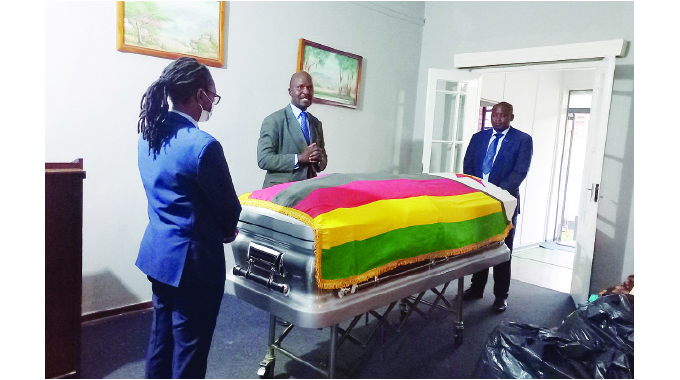
Sukulwenkosi Dube-Matutu, Matabeleland South Bureau Chief
THE body of the late liberation stalwart Cde Highten Nkomo, the first commander of Mkushi Women’s Camp in Zambia, yesterday made its final journey to his rural home in Bengu, in Ward 17 in Gwanda.
Family members, the Minister of State for Matabeleland South Provincial Affairs and Devolution; Abedinico Ncube, service chiefs, political leaders and Government workers gathered at Doves Funeral Parlour in Gwanda to mark the start of the journey of the late national hero.
After a short word and prayer at the parlour the hearse made its way to Bengu area accompanied by family members and the police. A funeral service for the late Cde Nkomo will be held at his homestead today. His body will then be flown to Harare.
He is set to be buried on Sunday at the national shrine.
Born in Zambia on the 12th of January 1952 to an immigrant family, the late Cde Nkomo grew up in Chief Mungule area and attended schools in Kapopo and Mutakwa which were under the Zambian Central Province.
As the wave of nationalism swept across Southern Africa, Cde Nkomo retraced his roots and decided to join Zipra in the sixties. He rose through the ranks to become the deputy chief of training in the Zipra high command.
Cde Nkomo, who was also known as Billy Mzamo, died at his homestead in the Bengu area of Gwanda District in Matabeleland South Province two weeks ago. He was 70.
Zimbabwe Defence Forces Commander General Valerio Sibanda, Zanu-PF Second Secretary Cde Kembo Mohadi are some of the freedom fighters who passed through his hands.
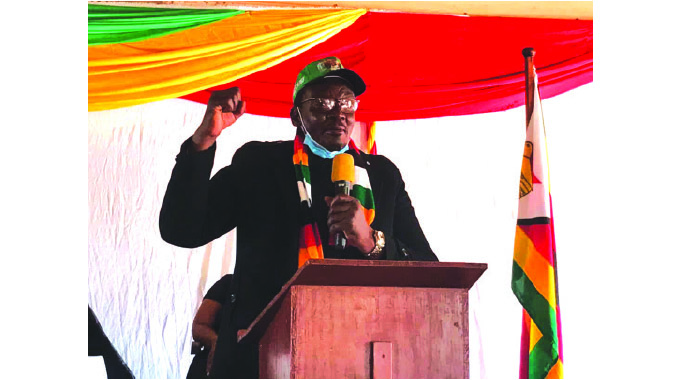
Cde Kembo Mohadi
President Mnangagwa said Cde Nkomo’s contributions to the liberation of the country make him a giant in the history of the country who deserves National Hero status.
The late Cde Nkomo, the first commander of the Zipra women’s camp in Zambia, Mkushi, during the liberation struggle has been described by his compatriots from Matabeleland South province as an epitome of patriotism.
Liberation fighters who passed through his hands also described him as a dedicated liberator.
The late Cde Nkomo chose to fight for his country even when he was born in Zambia after his parents had been forcibly removed from their ancestral lands in Tsholotsho by the brutal white minority rule.
Cde Lilian Siziba from Bengu area said she met the late Cde Nkomo in October 1977 at Mkushi. She said Cde Nkomo was their camp commander.
“When I got to Zambia in 1978 I was among a group of girls that was selected to go to Mkushi Camp for training. Billy Mzamo was introduced to us as our camp commander. He imparted knowledge and skills which became very handy to us during the liberation struggle. He taught us how to operate guns, grenades and how to react when under attack.
“He always emphasised unity and togetherness among comrades. He also reminded us about the role we had in developing the nation as women. We stayed with him in 1978 up until we left the camp as a result of bombing. A number of women like myself are successful products of the liberation struggle because of the works of Billy Mzamo,” she said.
Cde Siziba said the late Cde Nkomo respected his trainees even though they were women. She said he always acted professionally.
Cde Jameson Nari also from Bengu area said he met the late Cde Nkomo in Zambia in 1976.
“I left home in 1975 and went to Botswana and then I proceeded to Zambia in Nampundwe. In 1976 we were moved to Chakwenga for training and that is where I met Cde Nkomo who was our instructor. At that time Sam Madondo was the camp commander. Billy was responsible for engineering.
“He was very good in his field and he knew what he was doing. He taught us a lot about operating land mines and grenades and we used the knowledge. We were a group of 800 trainees and he was our instructor. He was a respectable and hard-working man. He was a good instructor and he had a good technique,” he said.
A family spokesperson Mr Thabiso Samhembere described the late Cde Nkomo as a humorous and calm man.
He said his death had come at a time when he had assumed a fatherly role as a family had just lost a grandfather. He said the late Cde Nkomo immediately assumed a father figure.
“We had just started enjoying that care of a father. Every week he would call every family member just to check on us. Having not had him for a long time because of the liberation struggle, as a family we were enjoying time with him trying to make up for lost time,” he said.
He said it was an honour for them as a family to see the nation recognise the contributions of the late Cde Nkomo.
Mr Samhembere said the late Cde Nkomo had left them a great lesson as he was fully committed to serving his country. Mr Samhembere said the late Cde Nkomo played a significant role in fighting for the liberation of the country which the young generation was now benefiting from.
In an interview, Minister Ncube said the province had suffered a great loss as the late Cde Nkomo was among the decorated liberation fighters who contributed significantly towards the liberation of the struggle. He said although be was born in Zambia, the late Cde Nkomo left his comfort zone to defend his country.
Cde Nkomo is survived by wife Felicia Dube, three children and one grandchild. -@DubeMatutu

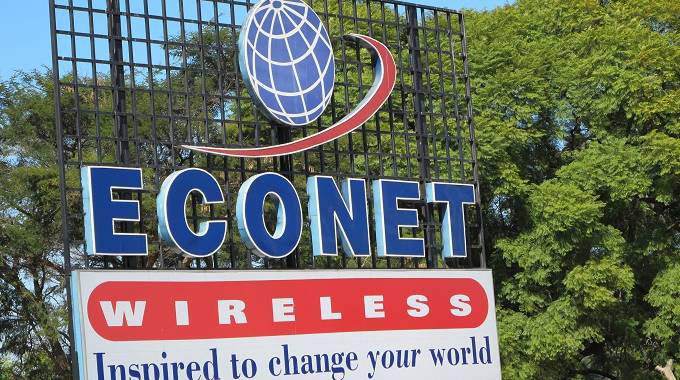
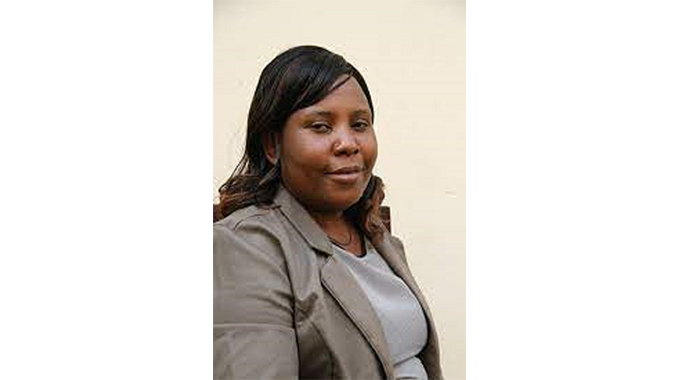
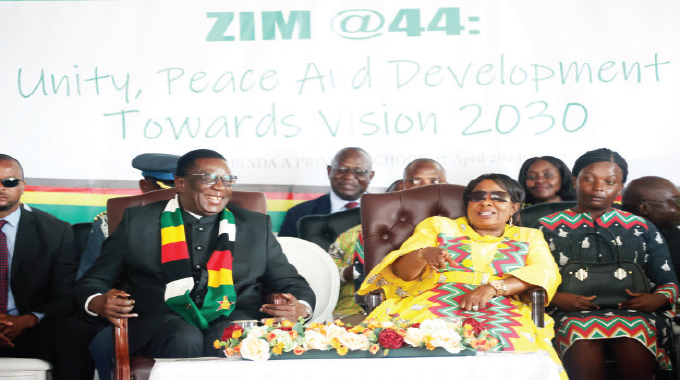
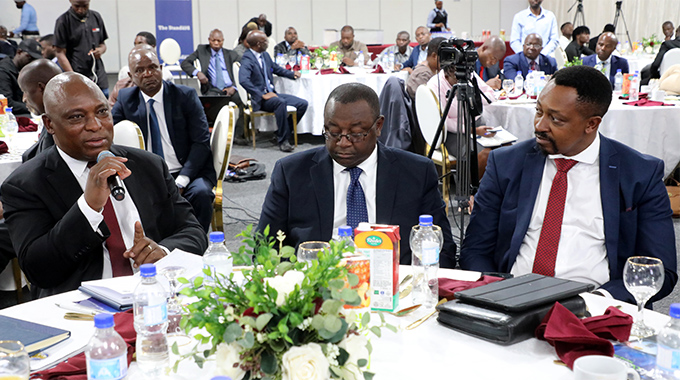






Comments